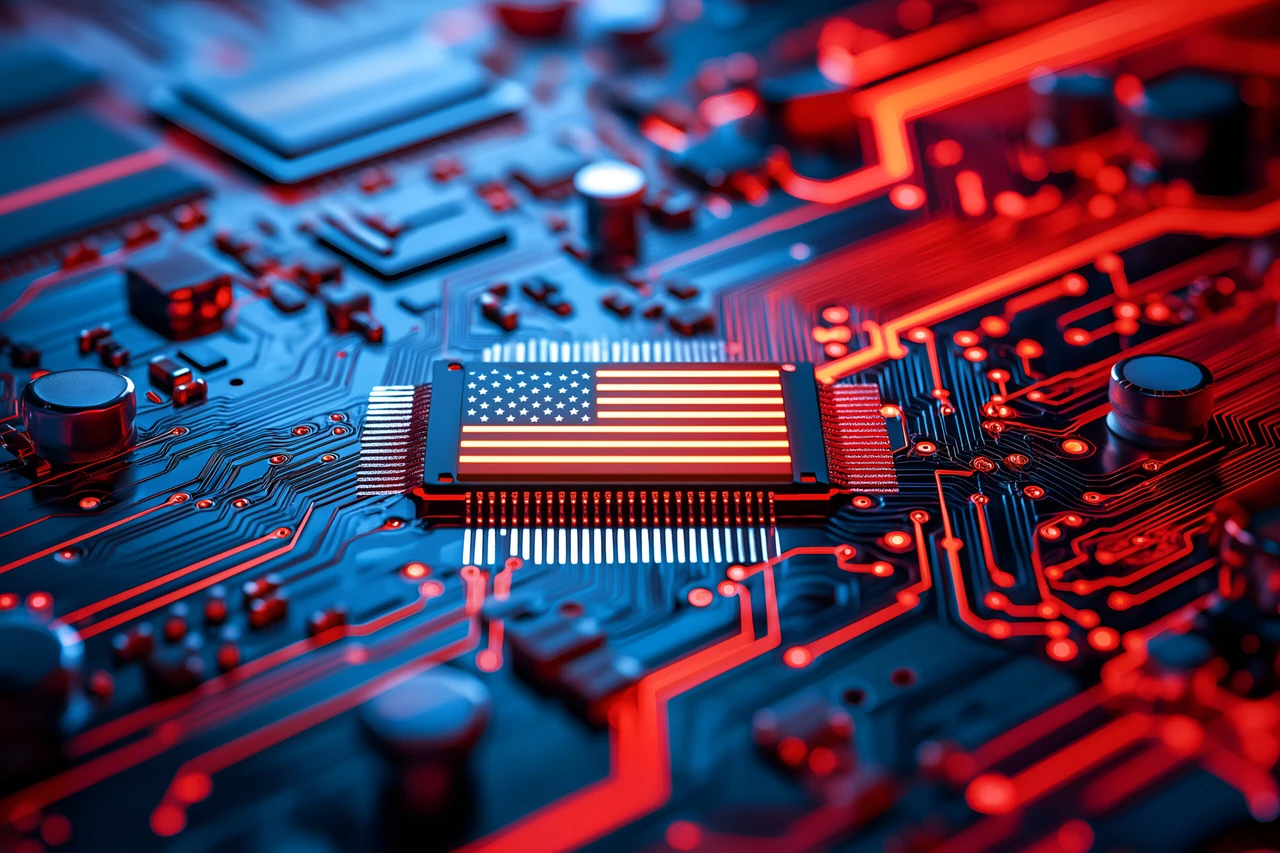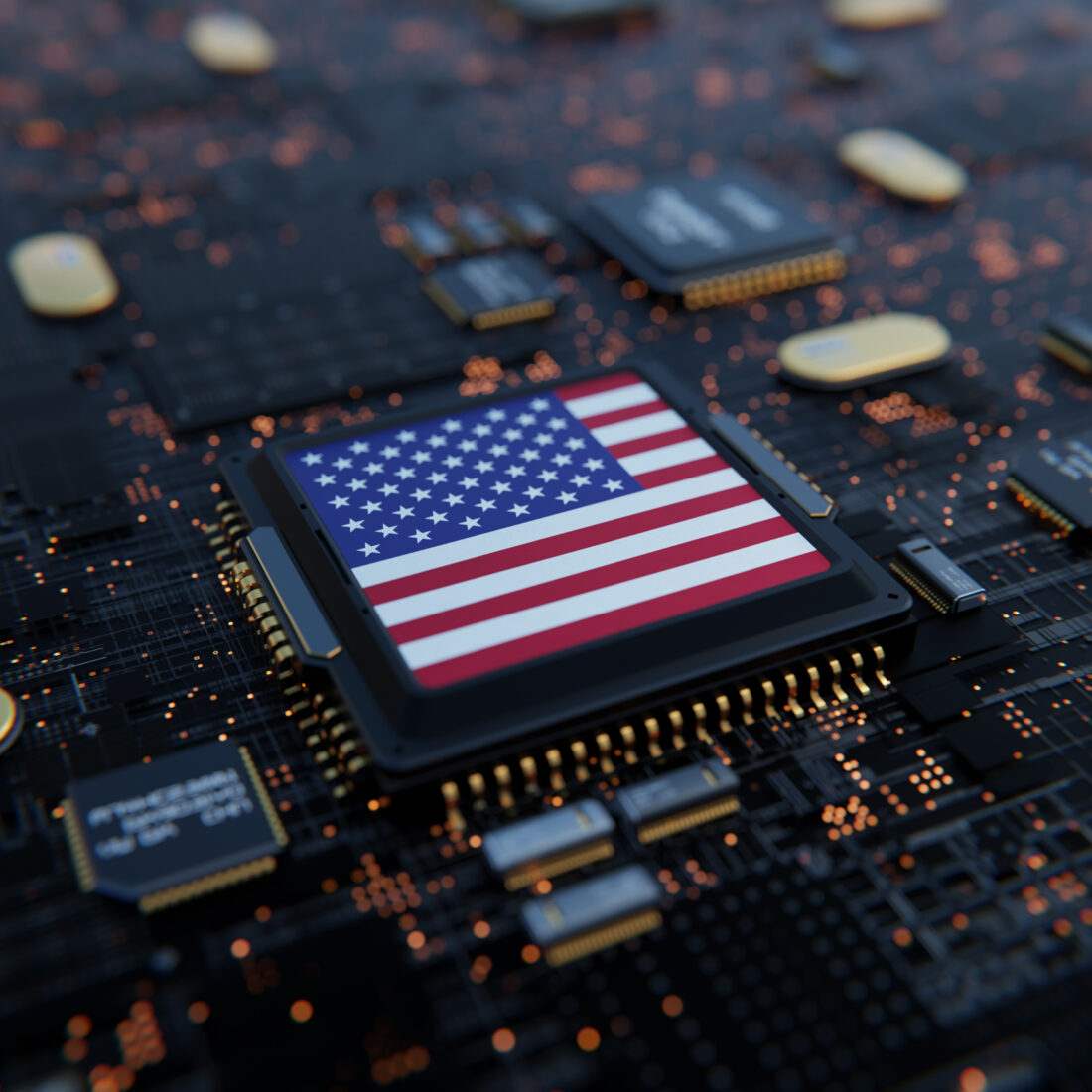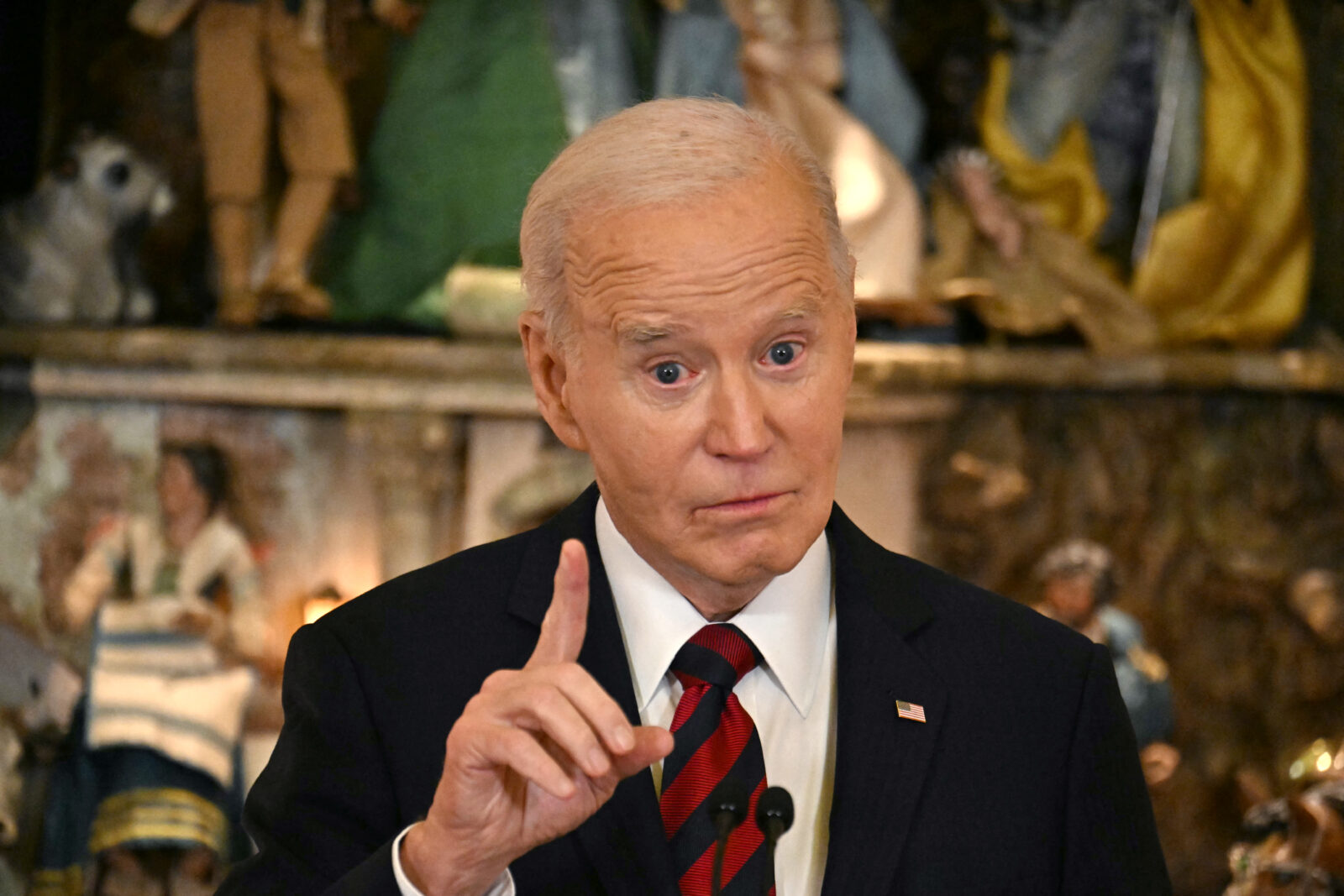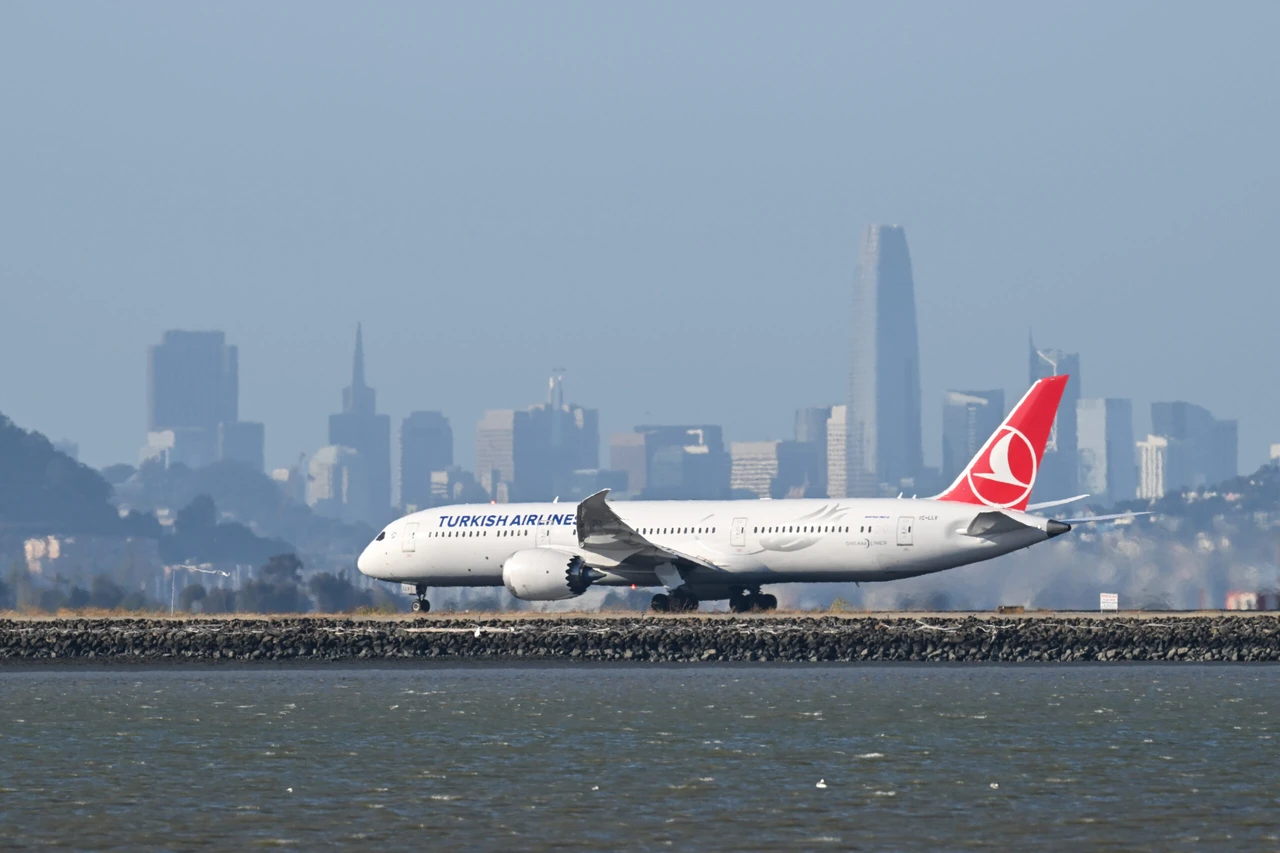US AI framework puts Türkiye among restricted nations
 A microchip adorned with the American flag. (Adobe Stock Photo)
A microchip adorned with the American flag. (Adobe Stock Photo)
In a sweeping overhaul of artificial intelligence policy, the Biden administration unveiled comprehensive regulations that place Türkiye, along with most nations worldwide, in a restricted category for accessing advanced AI technology, marking a shift in how the United States controls critical computing resources.
The new framework, detailed in both an executive order and commerce regulations, creates a three-tiered system for global access to American AI technology, particularly the advanced chips crucial for developing artificial intelligence systems.
The policy notably excludes Türkiye from the group of 18 nations granted unrestricted access, despite its NATO alliance status.

Under the new regulations, Turkish institutions and companies will face strict caps on their ability to purchase advanced AI chips, limited to approximately 50,000 graphics processing units (GPUs) per country.
This places Türkiye in the same category as numerous other nations outside the inner circle of U.S. technological partners, which includes Britain, Canada, Germany, Japan, South Korea and Taiwan.
“It is the policy of the United States to enable the development and operation of AI infrastructure, including data centers, in the United States in accordance with five guiding principles,” read Biden’s executive orders.
Biden emphasized national security, economic competitiveness, and clean energy development.
US AI regulation’s pathways for restricted tier to expand access
Nations can double their allocation to 100,000 GPUs by entering into government-to-government arrangements that align their policies with U.S. objectives in export control, clean energy and technology security.
Additionally, individual organizations within restricted countries can apply for enhanced access through a “National Verified End User” status, potentially enabling the purchase of computational power equivalent to 320,000 advanced GPUs over two years, provided they meet stringent security requirements.

The administration’s policy mandates the implementation of extensive security measures for AI development, including cybersecurity protocols and supply chain safeguards.
The Commerce Department will oversee a new system of security accreditations for companies operating data centers, requiring them to maintain 75% of their AI computing power within the United States or allied countries.
Jake Sullivan, Biden’s national security adviser, emphasized the strategic implications of the policy: “This ensures that the infrastructure for training the most advanced artificial intelligence will be in the United States or the jurisdiction of close allies.”
The restrictions have already drawn criticism from the European Union, with the European Commission expressing concern about limitations on certain EU member states.
“European countries are an economic opportunity for the U.S., not a security risk,” the Commission stated.
Nvidia claims to be caught off guard by US AI regulation
Major technology companies have also voiced opposition. Nvidia, the leading manufacturer of AI chips, called the rules “unprecedented and misguided” and warned they could “derail innovation and economic growth worldwide.”

The executive order establishes an ambitious timeline for domestic AI infrastructure development:
- Federal agencies must identify at least three suitable sites for AI facilities by February 2025
- Permitting and approval processes should be completed by the end of 2025
- Facilities should be operational by 2027
- Clean energy sources, including nuclear, solar, and geothermal power, must support these installations
The regulations take effect in 120 days, placing the implementation under the next administration.
The policy requires companies to protect intellectual property and prevent adversaries from accessing sensitive AI technology while promoting competition and supporting smaller developers.
For Türkiye and other nations in the restricted category, the rules represent a significant new framework for accessing advanced AI technology, requiring careful navigation of security requirements and international agreements to maximize their access to crucial computing resources.



